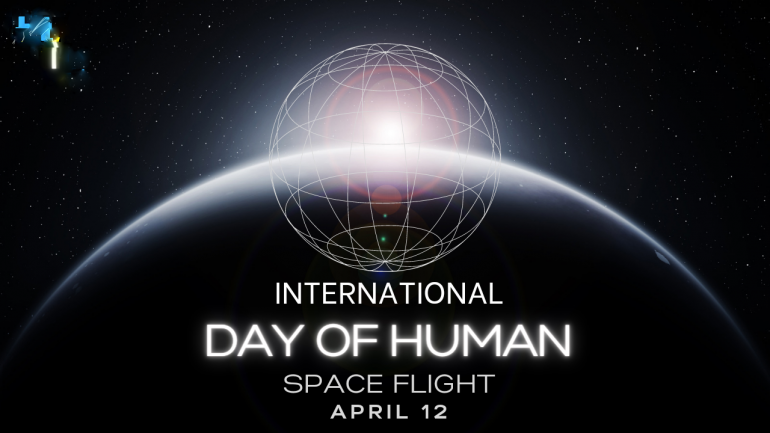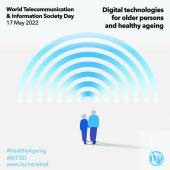International Day of Human Space Flight

Every April 12, is celebrated as the International Day of Human Space Flight.
“The path from dreams to success does exist. May you have the vision to find it, the courage to get onto it, and the perseverance to follow it,” said Kalpana Chawla, the first woman of Indian origin to go to space.
To recognize the 50th anniversary of the first human spaceflight, the General Assembly designated April 12, as the International Day of Human Space Flight.
This resolution, A/RES/65/271 of 7 April 2011, referred to it as a day "to remember at an international level the beginning of the space age for mankind, and reaffirm the significant contributions made by the scientific and technological developments in space to improving the lives and well-being of States and peoples, and to safeguarding the preservation of outer space for peaceful purposes."
Sputnik I, the first human-made Earth satellite, was launched into outer space on October 4, 1957, creating the basis for space exploration.
A new chapter for human endeavor in space began when Yuri Gagarin orbited the Earth for the first time on April 12, 1961.
Valentina Tereshkova became the first woman to orbit the Earth on June 16, 1963.
On July 20, 1969, Neil Armstrong became the first man to walk on the moon.
The first joint US-Russian space flight, Apollo and Soyuz became the first international human space flight on July 17, 1975.
The United Nations recognized at the very dawn of the Space Age that outer space provided humanity with a whole new dimension.
To maximize the advantages of outer space for humanity as a whole, the United Nations strives to maximize its uses.
The General Assembly adopted resolution 1348 (XIII) entitled "Question of the Peaceful Use of Outer Space" in recognition of the common interest of humankind in outer space and to answer questions regarding how the use of outer space can benefit the people of Earth.
On October 10, 1967, the "Magna Carta of Space", also known as the Treaty on Principles Governing States' Activities Relating to Exploration and Use of Outer Space, including the Moon and Other Celestial Bodies, came into effect.
United Nations Office for Outer Space Affairs (UNOOSA) was established in 1958 to promote international cooperation in the peaceful uses of outer space.
As a secretariat, UNOOSA is the only committee of the General Assembly tasked with coordinating international cooperation on peaceful uses of outer space, the UN Committee on the Peaceful Uses of Outer Space (COPUOS).
It also maintains the United Nations Register of Objects Launched into Outer Space and implements the Secretary-General's responsibilities under international space law.
Additionally, the day aims to promote a desire to explore and preserve outer space for peaceful purposes.
A variety of activities have been organized to promote the day, including photo exhibitions, science conferences, and the launch of commemorative stamps.
Radio Veritas Asia (RVA), a media platform of the Catholic Church, aims to share Christ. RVA started in 1969 as a continental Catholic radio station to serve Asian countries in their respective local language, thus earning the tag “the Voice of Asian Christianity.” Responding to the emerging context, RVA embraced media platforms to connect with the global Asian audience via its 21 language websites and various social media platforms.













